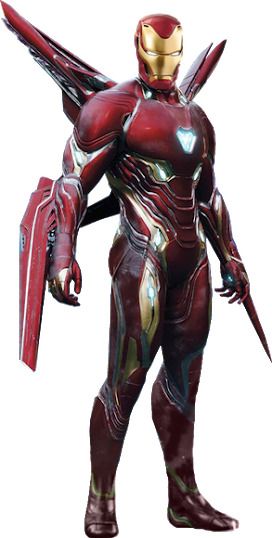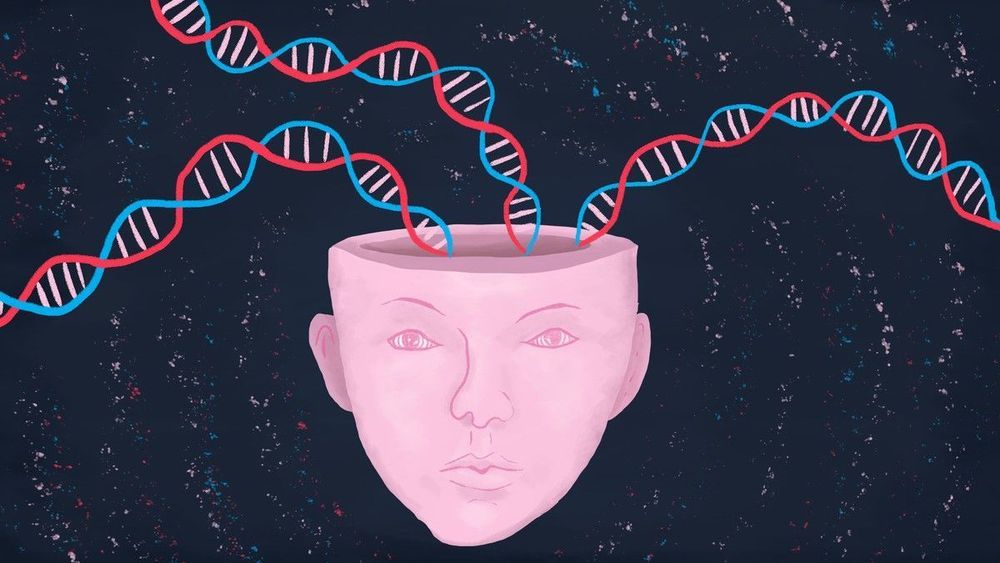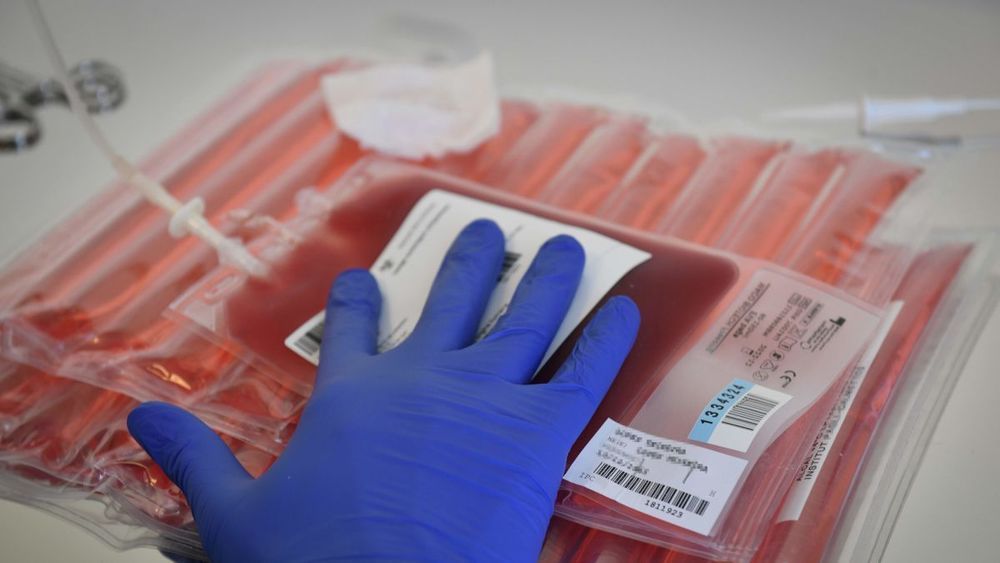Cue in MolochDAO. Launched as a decentralized autonomous organization (DAO) by SpankChain co-founder and chief executive officer Ameen Soleimani earlier this year, MolochDAO puts members’ ether (ETH) tributes toward funding Ethereum projects that members vote on.
The can-do, do-it-yourself attitude of the group has proven popular in the Ethereum community and has already influenced several spinoffs, leading some to credit Moloch with a resurgence in Ethereum DAOs.
On August 16th, the DAO’s associated Twitter account reflected on what the group has accomplished in its first six months in operation.








